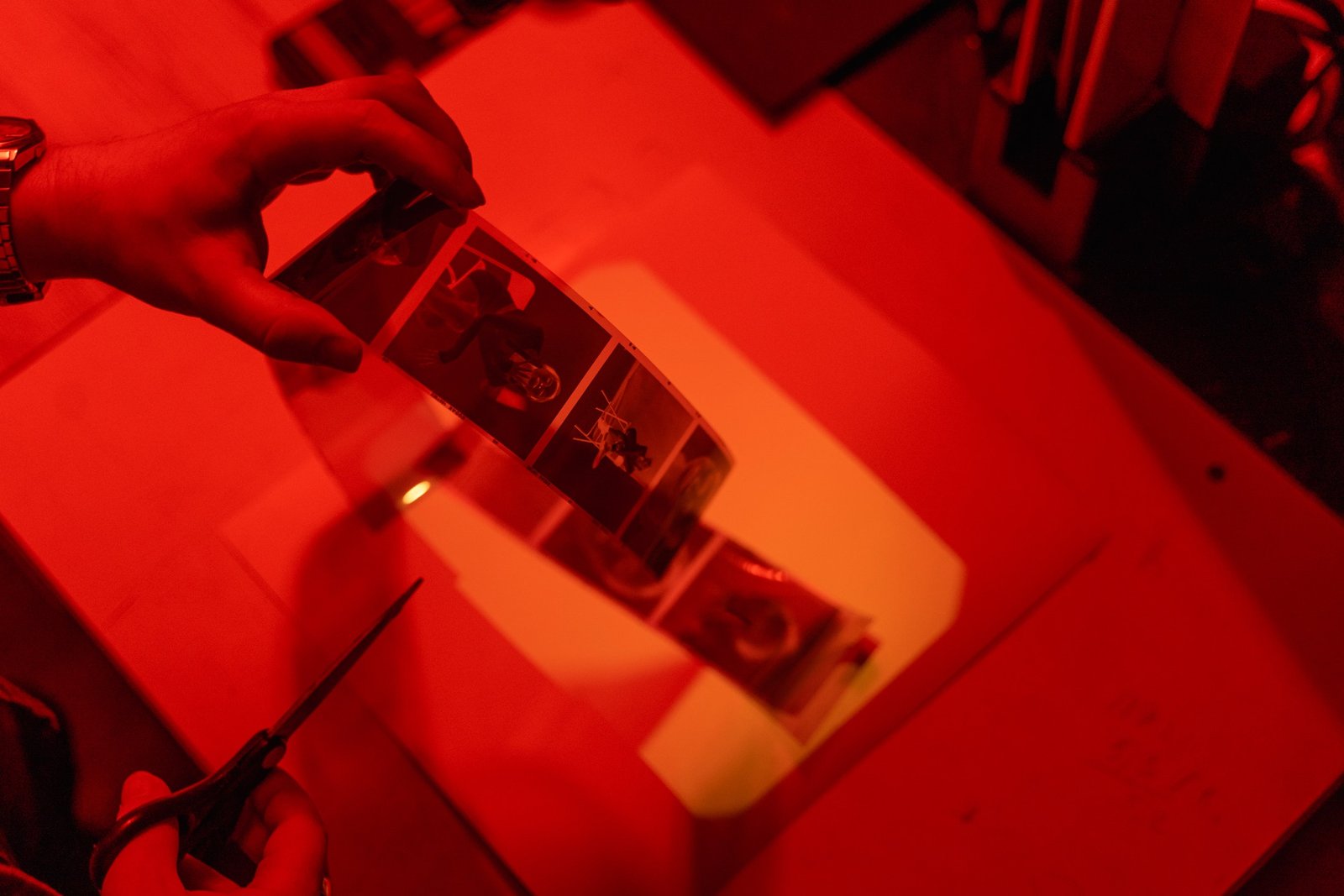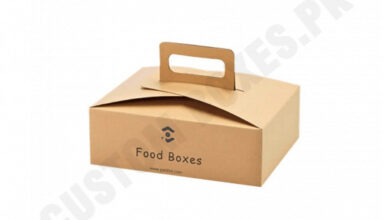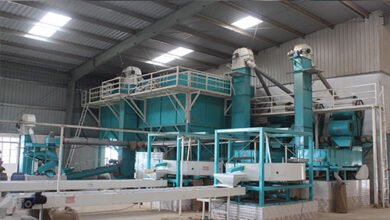
7 Tips On How To Have A Fun & Interactive Film Processing Workshop
During summer, many parents plan to enroll their kids in workshops. Since summer vacations are often long, workshops are an excellent choice for children to learn and experience something new during their free time. As adults, we have this connotation that workshops are only for kids. However, that’s not the case in the real world.
As we grow and enter new phases in life, workshops help us discover and learn more about topics that might be useful in our careers and passions. Even our teachers, mentors, CEOs, and industry professionals attend workshops to stay updated with the current trends and changes in their fields.
Photography today
Today, photography has become a valuable skill people love and appreciate, especially in the digital world. The photos we post online have become the commodity that can make or break a business, reputation, and life. That’s why being careful, wise, and strategic with your photos is a must. But before digital photography took over our lives, analogue photography was the source of our highlight reels.
Analogue photography makes photos more meaningful because it takes patience and skills to take beautiful photographs manually. On top of that, you also need to undergo your shots in a process called film processing to develop them. But since we now live in a world where convenience is a must, manual activities like film processing are no longer appealing to people.
Even though that’s the case, many workshops still offer lessons about film processing. After all, many are curious and want to learn more about photography. But since it’s hard to convince people to attend workshops because they feel like it’s just a waste of time, you must make it fun and interactive. So if you’ve been planning to share your ideas and talents with film processing, here are some tips to help you conduct a successful and experience-worthy workshop.
1 – Make your plan intriguing by focusing on a topic that will likely attract people’s attention.
First, let’s start with the backbone of your workshop: your plan. Every workshop consists of lectures and presentations on various subtopics about a topic. In short, your topic will be the pawn that decides whether people will attend your workshop.
Since people can now easily rely on the internet for any topics they want to learn about, it’s critical to work on a plan that people will find worthwhile. You can make yours intriguing by relating or combining film processing with a topic we encounter daily in this modern age.
By making your plan intriguing, you can list and include topics that people can find helpful aside from focusing solely on film processing. Maybe you can relate how film processing is similar to digital photography and editing–and how it affects people’s perception of the art.
2 – Invite knowledgeable, experienced, and professional speakers in film processing.
If the backbone of your workshop is your plan, then its flesh is your speakers. The speakers will be the source of information that your attendees will apply in real life. However, for those ideas to be passed on, you must have effectual speakers.
Workshops become fun when the audience can interact and digest the ideas shared by the speaker. Unfortunately, many people dislike attending because they have experienced attending one where the speakers did not meet their expectations.
That’s why to ensure that you have your audience’s attention until the end, you must invite knowledgeable, experienced, and professional speakers in film processing.
3 – Interact and stay active on social media days or even months before the workshop.
Since the internet and social media have become the most effective way of promoting and announcing events, it’s a great space to utilise as your ice-breaker and teaser. You can start by posting photos of the venue, the activities you’ll have, and the freebies that your attendees can expect.
This marketing strategy is a great way to stir people’s curiosity and help them look forward to the event day. But of course, don’t post more than you have to. Be careful about the information that you give away as well. Leave the big and exciting details for them to see and experience in the workshop.
4 – Include an activity where they’ll experience the authentic process of film processing.
Where’s the fun in a workshop if there are no activities for your attendees to experience? With that, don’t miss the most awaited part that your attendees are looking forward to, film processing. Whether you focus on a subtopic about film processing, make sure you have an activity that people don’t get to do every day.
This activity will be ten times better if you prepare materials and activities resembling the process. So if you’re considering skipping this or replacing it with a different activity, this is your sign not to do it.
5 – Allot a time when attendees can share their thoughts.
You might think this point is the most hated part of most event attendees. However, allotting time for your attendees to share their thoughts and interact with their fellow guests is a great way to learn and expand their network.
I won’t suggest requiring a “public-speaking” style in this period. Instead, it’s nice to group people or ask for their opinions in a non-threatening or forcing way. Requiring people to stand in front of a large crowd and share their thoughts would only scare them away and might ruin the workshop experience, especially for shy people. As much as possible, do this in the most comfortable way for your audience.
6 – Allot an activity where your speakers can work with your audience in groups.
People say that the best way to learn is through experience. Frankly, it’s one thing to listen and learn something. And another to experience and apply it in real life. Since you already have the experts in film processing with you on the workshop, why don’t you consider allotting an activity where they can work with your guests?
It’s easier to apply the principles they learned in real life when guests assimilate firsthand from experts. Consider this if you’re looking for another activity your guests will enjoy and learn from the workshop.
7 – Make a way to connect your guests, speakers, and your team even after the workshop.
There’s a saying that goes if you want to go fast, go alone; if you want to go far, go together. Since a workshop is a good place for people to build relationships with people that share the same interests, it’s best if you can make a way to connect everybody even after the workshop.
Since the love and appreciation for manual photography and film processing is lower today, connecting people is a great way to keep those arts alive. Whether it’s a social media group page or an email invite, offer it to your guests. Sometimes, we all need a support group to help us thrive in our interests.
Design and conduct a workshop that people will remember for a long time.
Hopefully, your audience will have the best time learning and experiencing activities that will help them appreciate film processing even more. Planning events like workshops can be tiring. But if you strive to consider every detail that would benefit your guests, you’ll have one they’ll remember for a long time.
About the author:
Bianca Banda is a writer for DS Colour Labs Ltd (DSCL), a professional photography lab that offers a vast range of products and services for photo and print needs.




